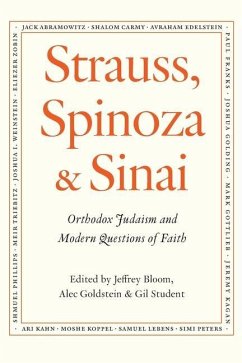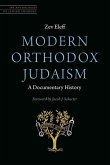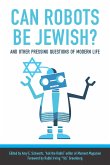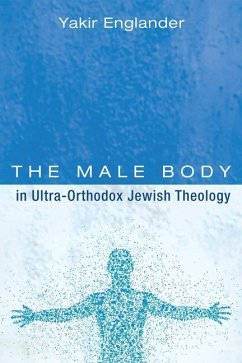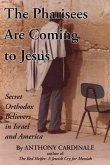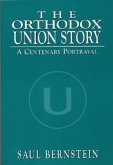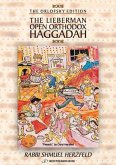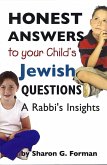More than three centuries after Baruch Spinoza's excommunication, his legacy remains divisive. Spinoza, a key Enlightenment thinker, is often seen as the paradigmatic secular Jew, having left Orthodoxy without adopting another faith. Leo Strauss offered a provocative critique, arguing that the Enlightenment failed to decisively refute Orthodoxy, but Orthodoxy, in turn, could only claim belief in its core tenets, not knowledge. Yet Strauss never asked if Orthodoxy agreed with him. This volume addresses that gap, inviting seventeen Orthodox Jewish scholars to engage with Strauss' critique. In an age searching for meaning in a world without belief, this collection asks a deeper question: can authentic religious faith be reclaimed in the modern world? Table of Contents * Introduction (Jeffrey Bloom): How can Orthodox Judaism respond to Strauss' defense of faith against Spinoza's Enlightenment critique? * Spinoza, Strauss, Meno, and Maimonides (Jack Abramowitz): Is belief alone sufficient for faith, or must it evolve into knowledge? * An Argument for Business-Men (Shalom Carmy): Does Strauss' reliance on philosophy subvert his own question? * Spinoza's Intellect and Arrogance (Avraham Edelstein): How does Spinoza's determinism undermine his ethical system and critique of Judaism? * Reason, Faith, and the Overcoming of Shame (Paul Franks): Can Maimonides' rational approach to faith still inspire modern seekers of truth? * Commitment to Judaism in the Modern Era (Joshua Golding): What sustains a meaningful commitment to Judaism in a secular, post-Enlightenment world? * The Validity of Religious Experience in a Post-Kantian World (Alec Goldstein): Can personal spiritual experiences validate belief in a world shaped by philosophical doubt? * Leo Strauss and the Lure of Orthodoxy (Mark Gottlieb): How does Strauss' engagement with Orthodoxy influence his critique of modernity and faith? * The Nature and Pursuit of Truth in Different Cultural Contexts (Jeremy Kagan): What role does divine revelation play in a world of cultural differences? * Belief and Knowledge (Ari Kahn): How do belief and empirical knowledge coexist in Jewish theology? * Why Revelation but Not Orbiting Teapots? (Moshe Koppel): Why is belief in divine revelation more rational than arbitrary or absurd beliefs? * Is it Rational to be an Orthodox Jew? (Samuel Lebens): Can Orthodox Judaism be defended with formal logic in the face of modern philosophical challenges? * Why Should a Jew Choose Belief? (Simi Peters): Why should one actively choose belief over skepticism, and what does that choice mean? * Knowledge, Morality, and Maimonides' Elusive Quest for Truth (Shmuel Phillips): How does Maimonides' philosophy address the modern search for moral and objective truth? * Saving Faith: Reviving Nineteenth-Century Responses to Haskalah (Gil Student): What lessons can responses to the Jewish Enlightenment teach about defending faith today? * Leo Strauss, Spinoza, and the Meaning of Tradition (Meir Triebitz): How do Strauss' and Spinoza's views on tradition contrast, and what can they teach about the preservation of Judaism? * Orthodoxy and the Oral Law (Joshua I. Weinstein): How does the Oral Law preserve Jewish tradition while allowing for adaptation over time? * Faith as the Foundation of Knowledge (Eliezer Zobin): Why does faith precede reason, and how does it provide the foundation for knowledge? * Conclusion: What overarching insights do these essays offer about faith, reason, and Orthodox Judaism in the modern world?
Hinweis: Dieser Artikel kann nur an eine deutsche Lieferadresse ausgeliefert werden.
Hinweis: Dieser Artikel kann nur an eine deutsche Lieferadresse ausgeliefert werden.

